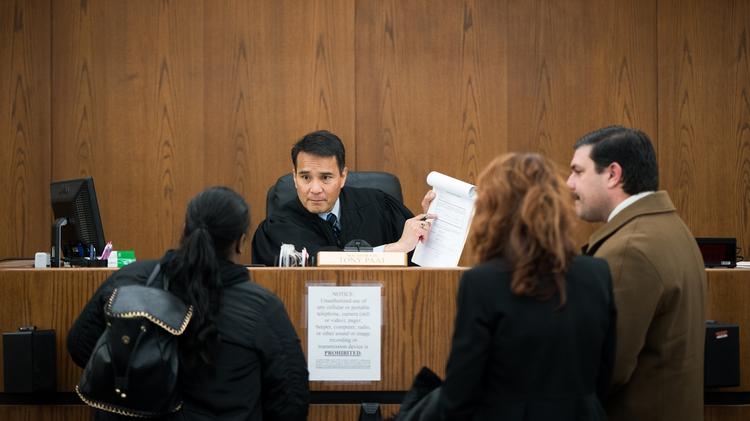Now let’s get to some of your Eviction Questions:
Now let’s get to some of your Eviction Questions:

Do I need a Lawyer to file the Eviction,.
How Landlords can file there own Eviction.
The Eviction Process.
What are the Landlord & Tenant Laws in my State.
How much will an Eviction Cost.
What Forms are needed.
As Landlords ourselves, We had to go back and forth from one site to another to find all the information about owning property and dealing with Tenants. We could not find one website that had the required information in one place. So We started NationalEvictions.com to help the many Landlords and Tenants with Everything needed for Evictions. We added Directories to help Clients find the Top Companies in Every State!
1. Do I need a Lawyer to file the Eviction ?
If you choose to hire a Lawyer in your State, You can find one on our Directory of Eviction Lawyers on our National Directory. Please Choose your State then your County and Lawyers in that County are available to help you with your Eviction.
*Landlords can Serve the 3, 7, 15, and 30-Day Notice’s to the Tenant. They can also file an Eviction if they wish. You will have to wait as to the type of notice given to the Tenant. They can File the Eviction on there Own. This is called “Pro Se”. You as a Landlord can Do your own Eviction Just follow the Process for an Eviction in your State. Corporations should hire a Law Firm for Evictions.
2. What are the Landlord & Tenant Laws in my State ?
All Landlords should read the Laws in the State your property is located in, below you will find the links to the Laws & State Statutes in the every State in the US.
Each State has Separate Sections for Landlord & Tenant Laws. The best place that we found for all of the Information is by Going Directly to The State’s Web Sites.
This is The Official Websites linked to each States Laws for Landlord/Tenants, Property, Real Estate Laws in every State.
3. How do Landlords File their Own Evictions ?
First: You will need to serve the Tenant with some kind of Notice to Quit. (if you serve the Tenant 7, 15 or 30 day notice you must wait that amount of days as per your notice before you can file an Eviction. Give the Tenant the number of days (Excluding weekends and Holidays). Please keep a Copy of this notice you will need this when you file the Eviction with the County Clerks Office.
Secondly: You will need all the Forms for the Eviction, You can buy all the Official Court Forms, Download them and save them to your computer, Fill in all of your information then save them and use over and over again.
Find Forms to Start and File Evictions: Download the Required Forms for an Eviction
4. Where do i File the Eviction in my County ?
Fill out all the Forms and bring them to the County Clerks office in your State/County, for a list of the Clerks office that is closest to you can find them on our Directory of Clerks offices and Courthouse locations:
Directory of County Clerk of Courts Locations in your State. – At the Clerk’s Offices Landlords can Pay the Clerk the Eviction Filing Fees and Then have the official court documents served to the Tenant(s).
*It is our Suggestion to have these Court Documents Served to the Tenant using a Private Process Serving Company in your State. You can find a company to serve the Official Court forms to the Tenant(s) on our National Directory of Process Servers On our Directory find a Process Server to Serve the Summons & Complaint to the Tenant. A Private Process Server will make more attempts to Serve the Official Court Documents to the Tenant and give to you the Return of Service Paperwork which you can bring to the courts showing Service has been properly completed in the eviction case. When you are filing the Default Paperwork or Filing for Damages on the Tenant. The Return of Service in an important Document.
Next: After you have the Tenant Served, You must wait the Required number of days not including Weekends & Holidays in your State, (usually 5 days) 2 things can happen. The Tenant Files an Answer to the Eviction or the Tenant does not file anything.
You will be notified from the Courts as to the Date of the Court Case and you will receive a copy of the reply from the Tenant in the Mail, to the Address that you listed on the Summons. Bring all your Proof with you when you have the Hearing.
*Tenant May File for a Hearing for Rent Determination Stating that they think that they don’t owe this amount? to the Landlord. Either way Make sure that you bring all of your Records, Proof with you to show the Judge how much Rent that is owed. ( and pleas make sure if you are a Landlord or property manager you always give a receipt to the tenant when they pay you any part of the rent, note: date, time and amounts collected and keep your copy)
If the Tenant does not File any Answer to the Courts within the number of Days allowed in your State via the Eviction after being served, You can bring to the Clerk of Courts the Default Paperwork and Ask to get the Default on the Tenant and Ask the Judges to issue a Writ of Possession (sometimes called the 24Hr Notice) thus getting them out and giving you the Apartment Back in your control.
LANDLORDS: DO BACKGROUND CHECKS ON NEW TENANTS, CHECK WITH THE COUNTY CLERKS OFFICE IN YOUR COUNTY ( SEE IF THEY EVER HAD AN EVICTION BEFORE YOU RENT TO THEM), TAKE PICS OF UNIT BEFORE YOU RENT IT TO ANY TENANT, THIS WILL HELP LATER IF A TENANT HAS ANY QUESTIONS WHEN THEY LEAVE A UNIT ex: THIS WAS PREEXISTING YOU CAN SHOW WHAT IT LOOKED LIKE BEFORE YOU RENTED IT TO THEM.
NationalEvictions.com maintains the highest level of legal information and by vetting top companies that become part of the National Eviction Network, Our goals are to aid Property Owners and Landlords throughout the United States with Serving the Notice to Quit, Filing of Eviction Official Court Forms and Serving the Eviction Documents to the Tenants.
NATIONALEVICTIONS.COM
Tags: Eviction Information

















